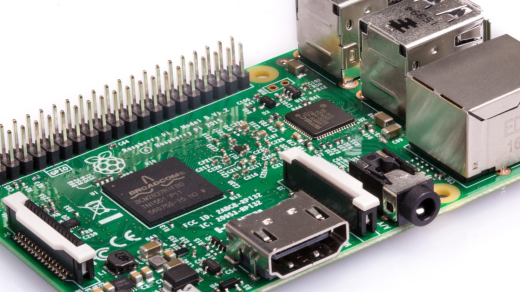Welcome to the ultimate guide to DevOps fundamentals training. In this article, we will cover everything you need to know to master the key concepts and principles of DevOps. Let’s dive in and explore the world of DevOps together.
Introduction to DevOps Principles
DevOps principles focus on collaboration, automation, and continuous improvement in software development and IT operations. By incorporating DevOps practices, teams can deliver software faster and more reliably.
Collaboration between development and operations teams is essential for successful DevOps implementation. This involves breaking down silos and fostering communication and teamwork. Automation plays a key role in DevOps by streamlining processes and reducing manual errors.
Continuous improvement is another core principle of DevOps, as teams strive to make incremental changes and enhancements to their software delivery pipeline.
Hands-On DevOps Fundamentals
| Course Title | Duration | Level | Skills Taught |
|---|---|---|---|
| Introduction to DevOps | 2 hours | Beginner | Basic concepts of DevOps, benefits, and best practices |
| Continuous Integration and Deployment | 3 hours | Intermediate | CI/CD pipelines, automated testing, and deployment strategies |
| Infrastructure as Code | 4 hours | Advanced | Configuration management tools, provisioning, and orchestration |
| Monitoring and Logging | 2 hours | Intermediate | Monitoring tools, log management, and troubleshooting techniques |
Essential Tools for DevOps Training
– Configuration Management Tools
– Containerization Tools
– Continuous Integration/Continuous Deployment (CI/CD) Tools
– Monitoring and Logging Tools
When it comes to DevOps training, having the right tools is essential for success. Configuration management tools like Ansible and Puppet help automate the process of managing and maintaining servers, ensuring consistency and efficiency in your infrastructure.
Containerization tools such as Docker and Kubernetes enable you to package and deploy applications in a consistent and scalable manner, making it easier to manage complex environments.
Continuous Integration/Continuous Deployment (CI/CD) tools like Jenkins and GitLab automate the process of testing, building, and deploying code, helping teams deliver software more quickly and reliably.
Monitoring and logging tools such as Prometheus and ELK stack allow you to track the performance of your applications and infrastructure, identifying issues and improving overall system health.
By familiarizing yourself with these essential tools, you’ll be well-equipped to succeed in your DevOps training and advance your career in the field.



